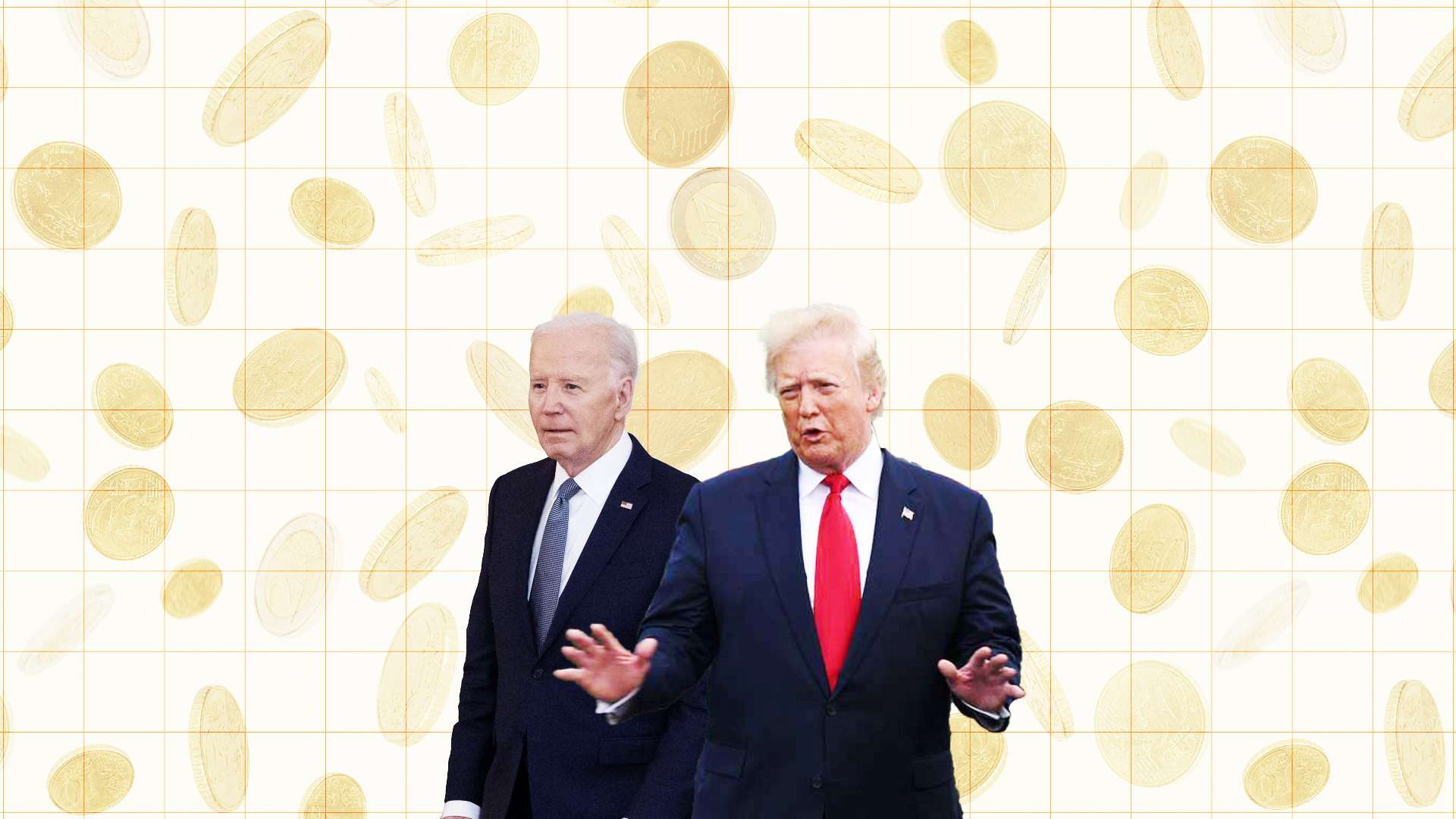The 2024 presidential race has taken an unexpected turn with a heated debate over tipping. Former President Donald Trump sparked controversy by pledging to eliminate taxes on tips if reelected, leading to proposed legislation in Congress and even inclusion in the Republican Party’s platform.
However, Trump is not the first to address tipping policy. President Joe Biden previously pledged to end the tipped wage credit, a practice allowing lower wages for tipped workers. The Biden administration tightened rules around this credit, with states like D.C. and cities like Chicago moving to eliminate it altogether.
While both parties aim to appeal to the working class, their proposed solutions may not be the most effective. Many restaurant workers prefer the tipped wage structure and earn more than under traditional minimum wage rates. Additionally, eliminating the tip credit can lead to increased dining costs through added service fees.
Trump’s proposal to exempt tips from income taxes may have drawbacks, and both parties could consider more effective solutions for the restaurant and hospitality industry. The industry employs over 15 million workers and plays a crucial role in the economy, but labor issues persist, including the lack of benefits and work-life balance challenges.
To truly help restaurant workers, policymakers should focus on innovative solutions that benefit both workers and restaurants. Portable benefits models and collaboration between owners and workers could lead to a more flexible and fair system of labor and employment laws tailored to the needs of the 21st century.





